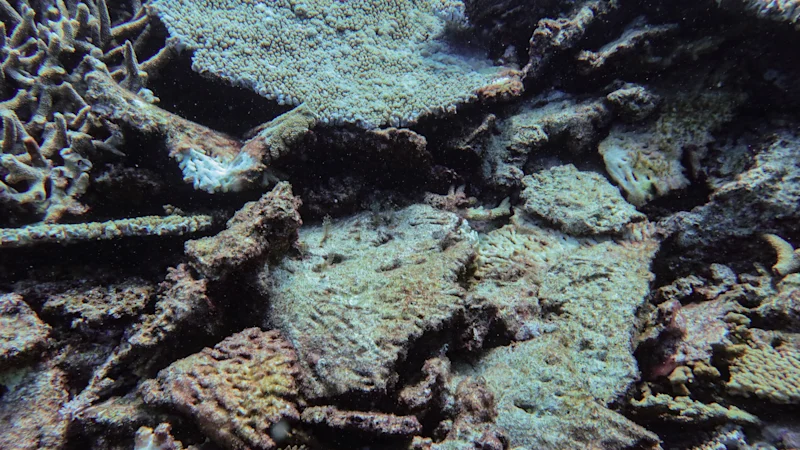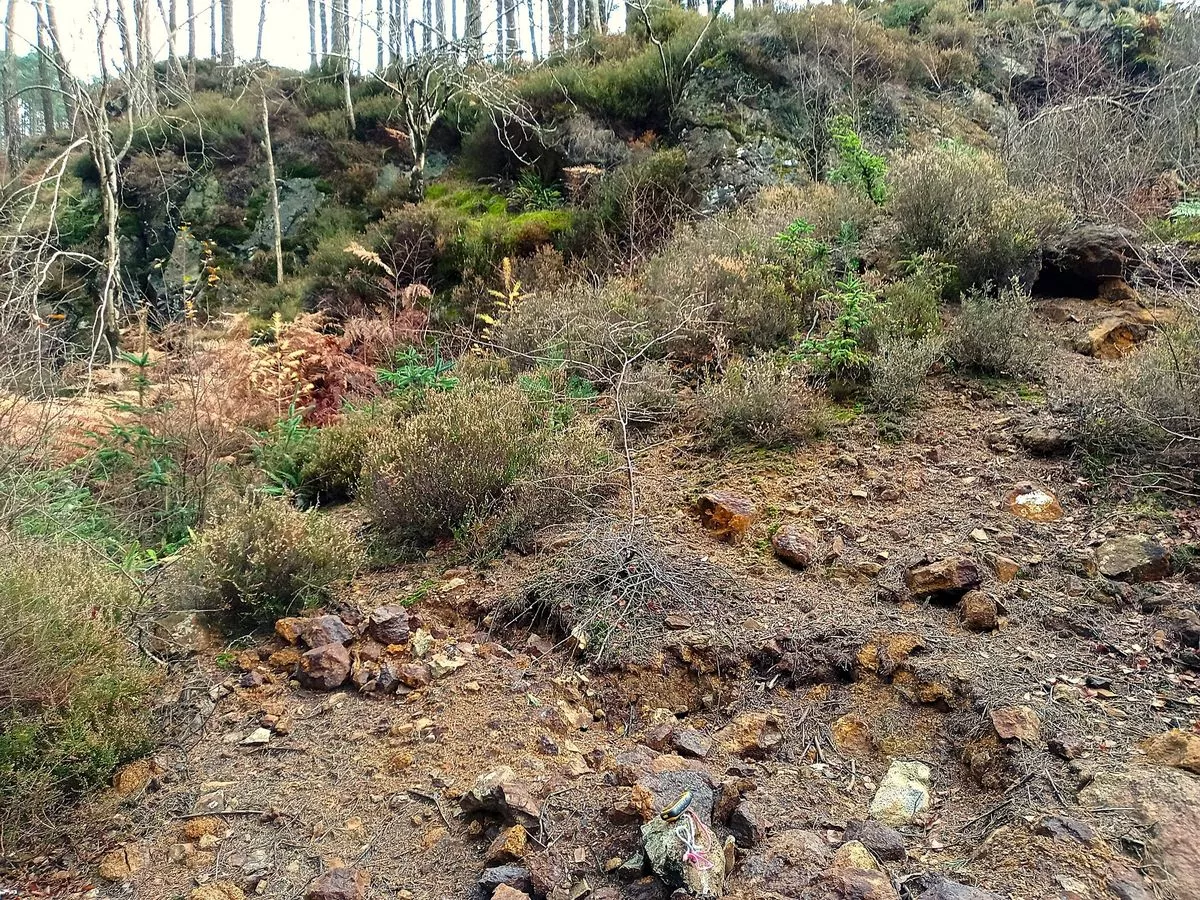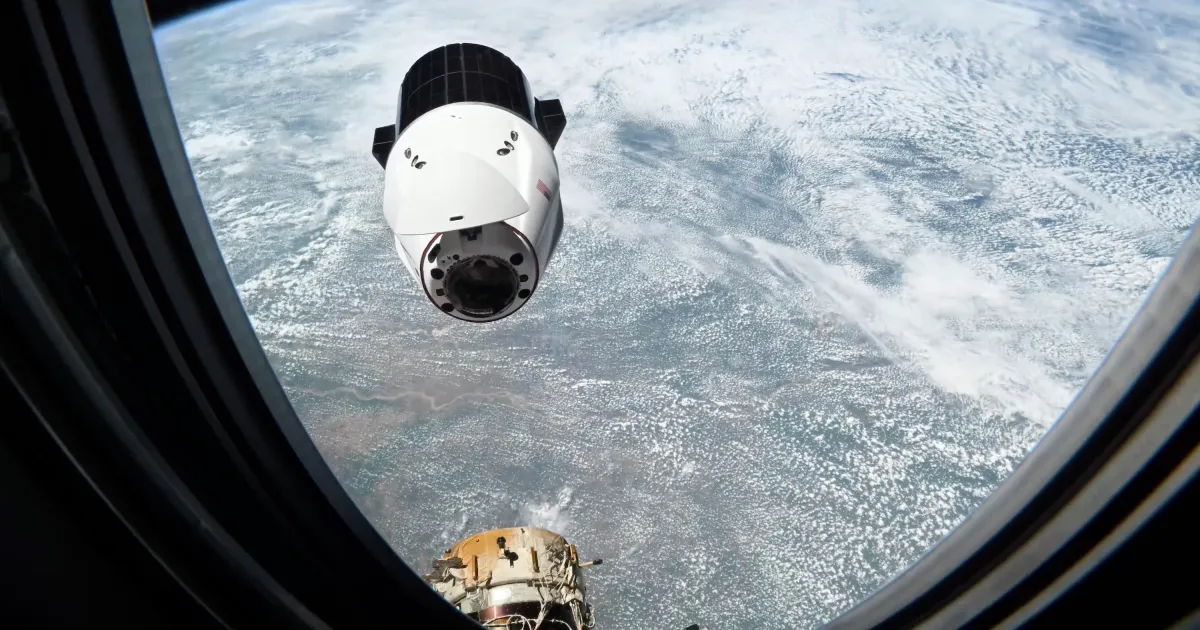
The National Climate Risk Assessment confirms what Australians are already experiencing: worsening fires, floods and heatwaves (“The forecast is in, and it’s not pretty”, September 16). This reality must be faced, but we don’t need more doom and gloom. Nor do we need more denial and delay from our leaders. People respond when they see governments taking action. The narrative must shift to solutions – policies and technologies that strengthen our economy, boost productivity, improve health, and protect our communities and environment. It’s straightforward: set a science-based 2035 target, stop approving new coal and gas, and roll out every measure possible to electrify our nation. The benefits are undeniable: cleaner air, cheaper power and a safer future. The question for the Albanese government is simple: why aren’t we throwing everything at this? Amy Hiller, Kew (Vic)
Excerpts from the National Climate Risk Assessment about Australia’s future under escalating global warming are deeply concerning. The prospect of Sydney experiencing coastal flooding for over 300 days annually at 3 degrees of warming and drought conditions increasing by 33 per cent in our agricultural heartlands, demands urgent action on emissions targets. However, while we must set ambitious 2035 targets and lead by example, we must acknowledge that Australia contributes only about 1 per cent of global greenhouse gas emissions. Even if we achieved net zero overnight, it wouldn’t prevent the catastrophic scenarios outlined in the assessment. The heavy lifting must come from the world’s largest emitters. China accounts for 30per cent of global emissions, the United States 14 per cent, and India 7 per cent. The European Union collectively contributes 8per cent. These economies – particularly China and India, whose emissions continue to rise – hold the keys to avoiding the horrifying future described in the report. While Australia may well pursue stringent targets within the 65-75 per cent range recommended by the Climate Change Authority, our efforts must be coupled with diplomatic pressure on major emitters. Without co-ordinated global action, even our best intentions may prove insufficient. John Kempler, Rose Bay
The many examples in this article highlight how Australia’s response to climate change is one of intergenerational injustice. Through our generation’s selfishness, we impose heavy burdens on future generations and nature. We knowingly allow short-term profits to override the risk of harm to the generations that follow. Woodside’s North West Shelf Project extension is a case in point. I cannot explain this to my children and grandchildren. We now need the prime minister to show leadership and set a 2035 climate reduction target that reflects our longer-term interests. Bill Bowman, Rhodes
One “cost” of climate change that never seems to get factored into the equation is the tragic and preventable loss of life that will occur. The fact that we can’t quantify the value of a life doesn’t mean that we can ignore it. Larry Case, Turramurra
In a sign of just how fractious our society is, there is an expectation on the government to fix every problem immediately. Matters like immigration, housing affordability, bulk billing and climate change cannot be resolved overnight, and simplistic solutions don’t work. The Albanese government has shown itself to be methodical, focused and united in moving on multiple issues. It has been upfront with the community in spelling out the scale of the climate crisis. It will pose solutions that inevitably draw howls of protest from left and right. However, incremental, lasting change will always work better than the flash-in-the-pan approach or radical upheaval, and doing nothing is not viable. Wayne Duncombe, Lilyfield
Out-of-touch opposition



